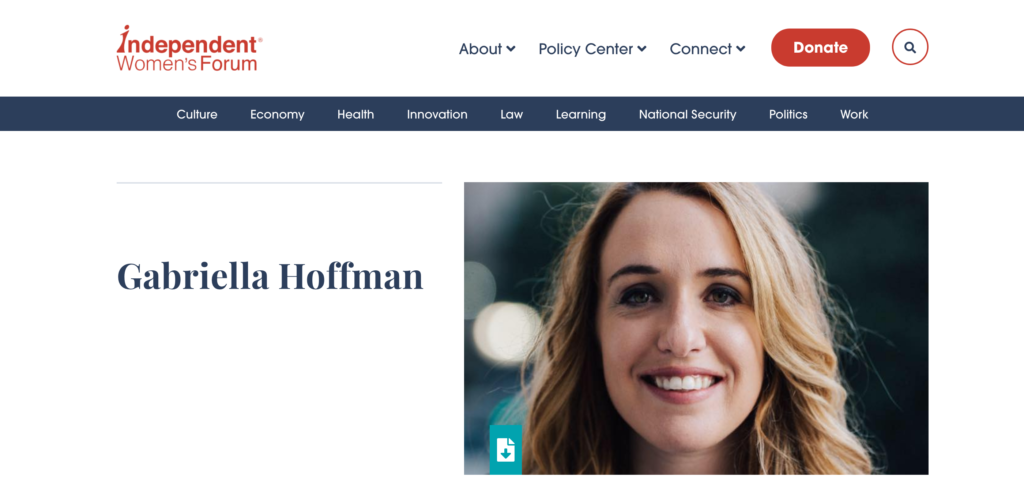Despite mounting blowback to the Internal Revenue Service (IRS)’s “improving tax enforcement” proposal to track bank inflows and outflows exceeding $600, Treasury Secretary Janet Yellen is doubling down by calling the process “routine.”
“Well, of course they do,” Yellen said on CBNC Squakbox Tuesday. “Right now, on every bank account that earns more than $10 a year in interest, the banks report the interest earned to the IRS. That’s part of the information base that includes W2’s and reports on dividends in other income that taxpayers earned. So collection of information is routine.”
Yellen Doubles Down on IRS Proposal
The Treasury Secretary claimed an alleged “enormous tax gap” is the impetus behind this push to gain access to our private bank account information.
“But there’s an enormous tax gap in the United States, estimated at $7 trillion over the next 10 years in terms of the shortfall of tax collections to what we believe are owed, and that, that’s not coming from people failing to report wage income or dividend income where there’s good information,” as Yellen noted. “It comes from places where the information on income is opaque and can be hidden. And a simple way for the IRS to get a sense of where that might be is just a few pieces of information about individuals’ bank accounts, nothing at the transaction level that would violate privacy, simply aggregate inflows into the account over the year and aggregate outflows and that would really help the IRS target their auditing resources which we’ve proposed to greatly expand to do their audits on those usually high-income wealthy individuals that may be concealing their, their transactions and their income and these would be helpful indicators of where it would make sense for auditing to occur.”
She added, “So, it is not reporting of individual transactions or anything of the like, and it would be a simple thing for banks and other payment providers to provide along with the other information they’re already providing.”

